The concept of the metaverse has been rippling through technological and cultural conversations with increasing intensity, and nowhere is this more evident than in the world of music. What began as speculative fiction is rapidly becoming a tangible reality where soundscapes merge with digital landscapes. The music metaverse represents not just an evolution of how we consume music, but a fundamental reimagining of how we experience, create, and interact with sound in three-dimensional virtual spaces.
Breaking the Boundaries of Performance
Traditional concerts have always been bound by physical limitations - venue capacity, geographic location, and the laws of physics governing sound propagation. The music metaverse shatters these constraints, offering artists unprecedented creative freedom to design performances that defy reality. Imagine a concert where the stage floats in zero gravity, where the audience can walk through giant holograms of musical notes, or where the very environment morphs in sync with the rhythm. Pioneering artists like Travis Scott and Ariana Grande have already demonstrated the potential of virtual performances, attracting millions of attendees to digital venues that would be impossible to replicate in the physical world.
The implications extend far beyond mere spectacle. For emerging artists, the metaverse provides a democratized platform to reach global audiences without the need for expensive touring infrastructure. A bedroom producer in Jakarta can perform for fans in Johannesburg and Tokyo simultaneously, all while maintaining the intimacy and immediacy that makes live music special. This seismic shift in accessibility could reshape the entire music industry's power structures.
New Frontiers of Creative Expression
Composition itself is being transformed by metaverse technologies. Spatial audio allows for truly three-dimensional sound design where melodies can move around listeners in 360 degrees. Producers are experimenting with "sound objects" that have physical properties in virtual environments - a bassline that vibrates the ground beneath your avatar's feet, or a harmony that appears as a glowing orb you can reach out and touch. These innovations blur the line between musical performance and immersive theater, creating multisensory experiences that engage more than just our ears.
The visual component of music is being redefined as well. Album artwork evolves into interactive 3D environments where fans can explore hidden meanings and Easter eggs. Music videos become living worlds that viewers can enter and influence through their actions. Some forward-thinking artists are even designing persistent virtual spaces that continue evolving between releases, effectively turning their discography into a navigable universe.
Community and Connection in Virtual Spaces
Perhaps the most profound impact of the music metaverse lies in its potential to foster deeper connections between artists and fans. Virtual meet-and-greets can accommodate thousands rather than dozens, with personalized interactions made possible through AI-assisted moderation. Fan communities are building their own music-themed virtual hangouts, from retro listening lounges to futuristic dance clubs where avatars move in perfect sync with the beat.
These spaces are becoming crucibles for new subcultures to emerge. Just as punk or hip-hop grew from specific geographic scenes, we're seeing entirely new genres develop within certain metaverse platforms, complete with their own fashion codes, dance styles, and visual aesthetics. The barriers between creator and consumer are dissolving as fans remix tracks in real-time during virtual listening parties or collaboratively build environments inspired by their favorite albums.
Economic Paradigms in Flux
The business of music is undergoing parallel transformation in the metaverse. Smart contracts enable artists to receive automatic royalties whenever their music is used in virtual spaces. Virtual merchandise - from avatar outfits to digital instruments - is creating revenue streams that dwarf traditional physical merch for some artists. Limited edition NFTs are granting fans unique access and privileges within artists' metaverse realms, from backstage passes to voting rights on creative decisions.
This new economy presents both opportunities and challenges. While it empowers artists with more direct monetization paths, it also requires navigation of complex new technologies and platforms. The very definition of musical ownership is being rewritten as songs become dynamic entities that can change based on where and how they're experienced in the metaverse.
Technological Hurdles and Ethical Considerations
For all its promise, the music metaverse faces significant growing pains. Bandwidth limitations still prevent truly seamless global experiences. The proliferation of platforms risks creating a fragmented landscape where fans need multiple headsets and accounts to follow their favorite artists. There are pressing questions about privacy, moderation, and how to protect artists' rights in environments where content can be easily copied and altered.
The psychological impact of increasingly immersive musical experiences also warrants careful consideration. As virtual performances become more stimulating than real ones, will physical concerts seem dull by comparison? How do we preserve the raw, imperfect humanity of music when it's mediated through layers of digital perfection? These are questions the industry must grapple with as the technology advances.
The Future Sounds Different
Looking ahead, the music metaverse promises to dissolve remaining barriers between musical genres, between artists and audiences, between creation and consumption. We're moving toward a world where every listener can have a personalized version of each song that adapts to their mood and environment. Where collaborative music-making happens across continents in real-time through shared virtual studios. Where discovering new music means literally stepping into unknown sonic landscapes.
This revolution won't replace traditional music experiences so much as expand them into new dimensions. The vinyl records and dive bar gigs won't disappear - they'll coexist with holographic performances and interactive album worlds. What's certain is that the next generation of music lovers will have more ways to connect with sound than ever before in human history. The music metaverse isn't just changing how we hear music; it's redefining what music can be.
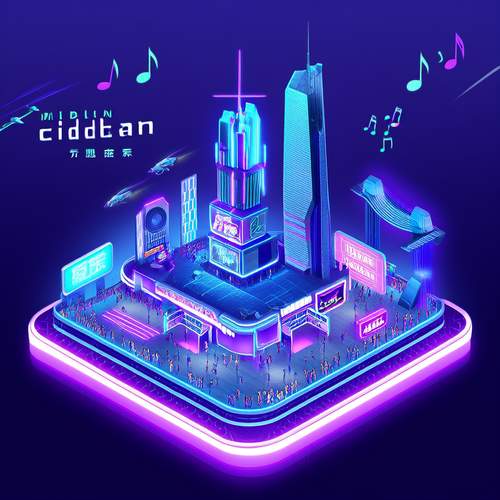
By /May 30, 2025
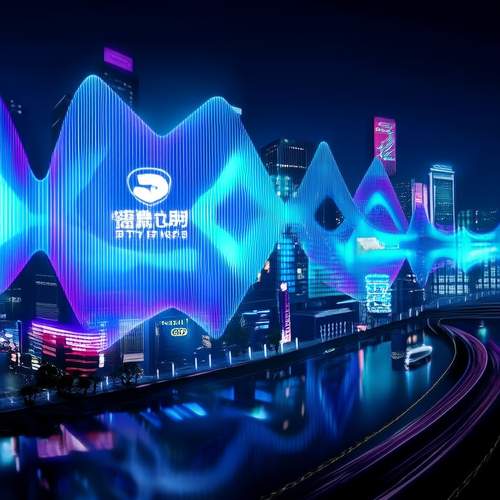
By /May 30, 2025
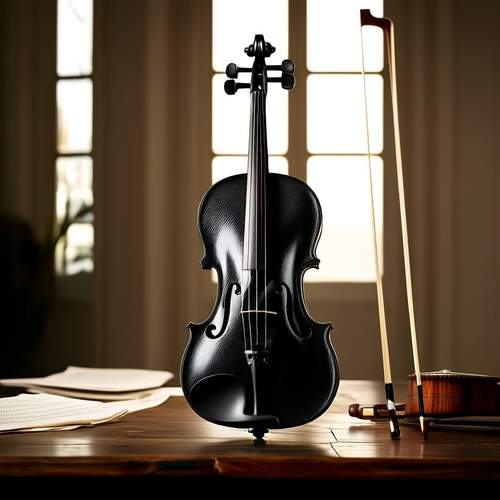
By /May 30, 2025

By /May 30, 2025

By /May 30, 2025
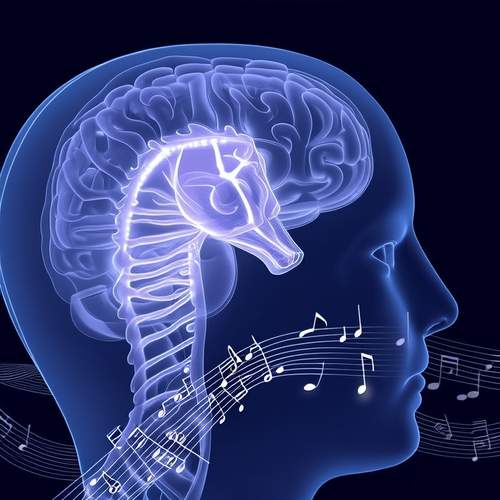
By /May 30, 2025
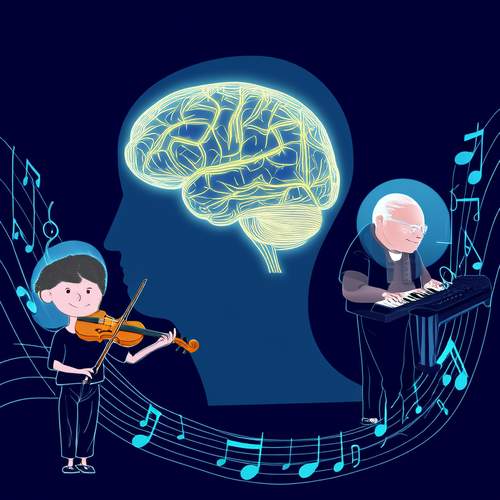
By /May 30, 2025
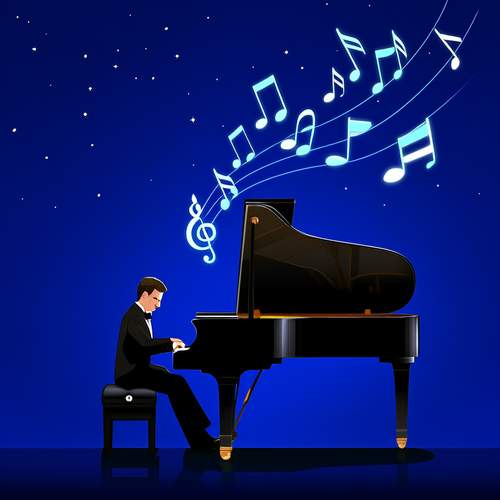
By /May 30, 2025
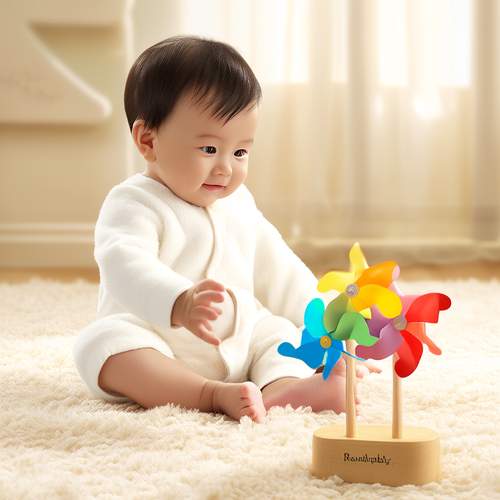
By /May 30, 2025
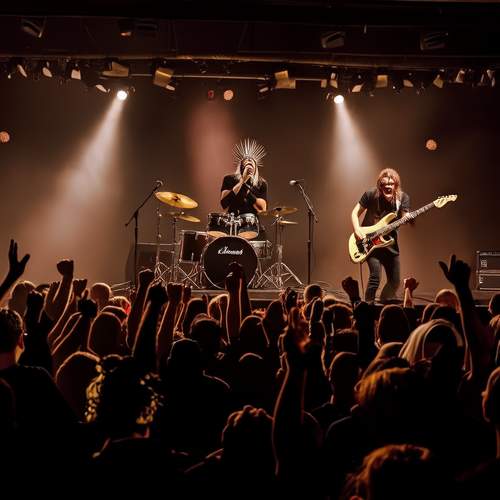
By /May 30, 2025

By /May 30, 2025
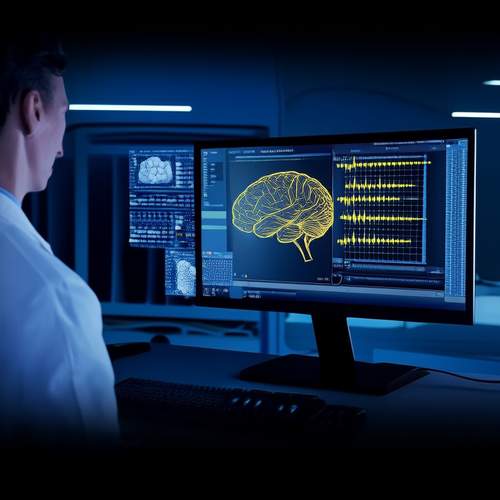
By /May 30, 2025
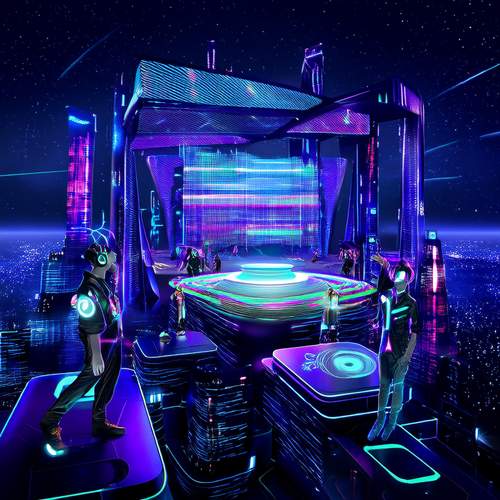
By /May 30, 2025
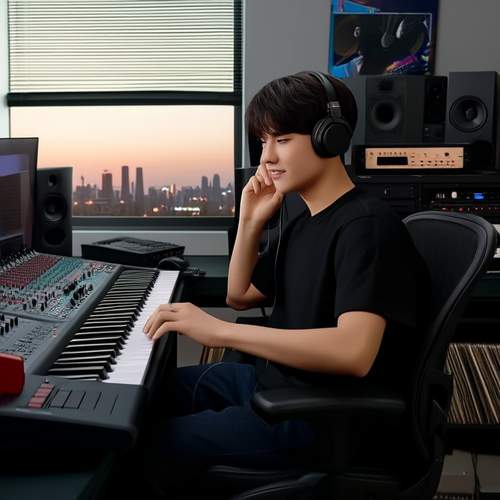
By /May 30, 2025
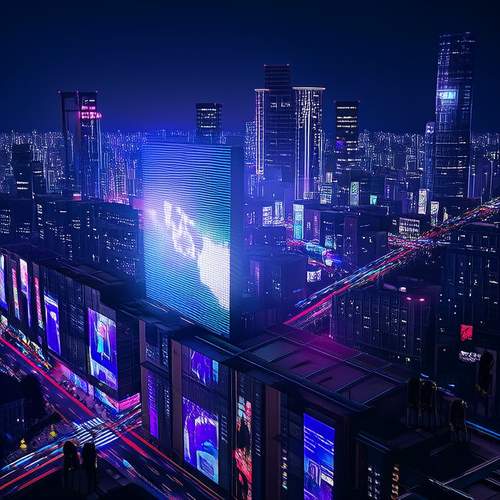
By /May 30, 2025
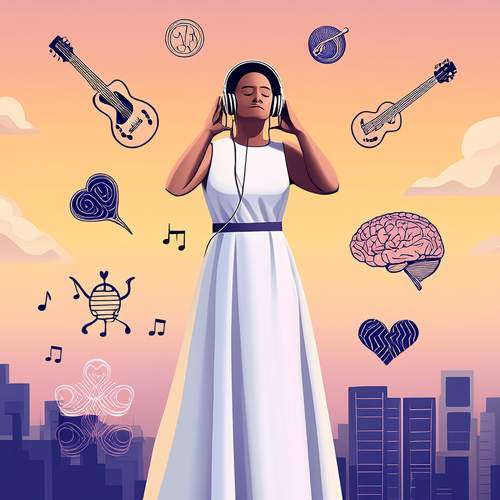
By /May 30, 2025
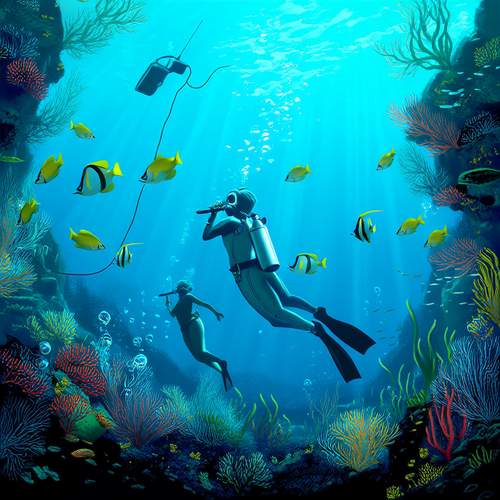
By /May 30, 2025

By /May 30, 2025
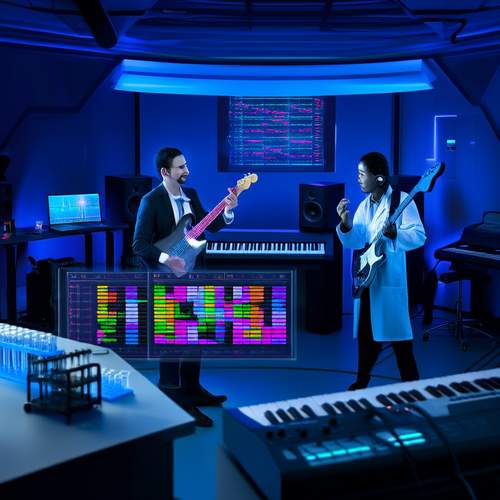
By /May 30, 2025